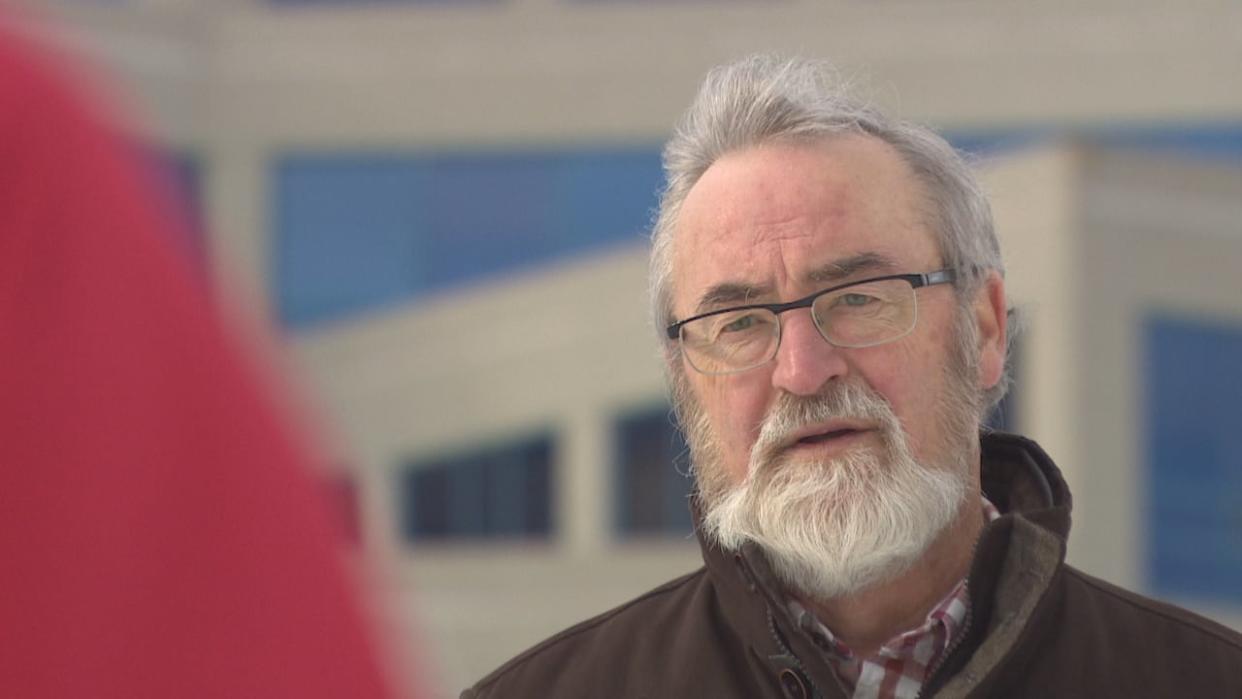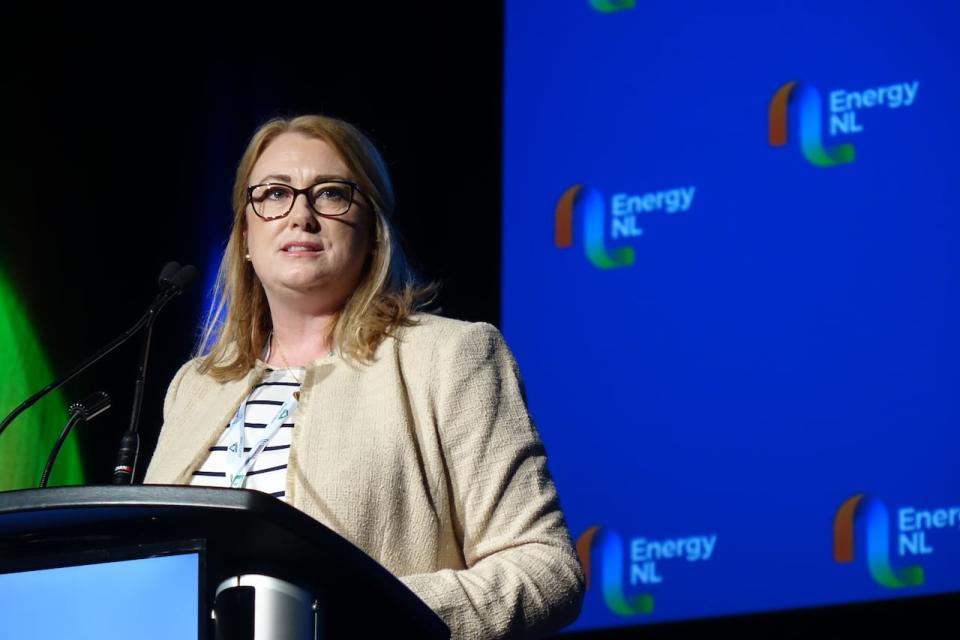Former civil servant skeptical about Bay d'Espoir investment costs

Newfoundland and Labrador Hydro's plan to invest more than $1 billion in expanding its Bay d'Espoir hydroelectric project poses a risk to the province's debt load, according to a political commentator.
Des Sullivan, a former civil servant, blogger and long-time critic of the Muskrat Falls hydroelectric project, is skeptical about Hydro's recent announcement to expand the project.
"Hydro is not known for good estimates, are they? So this billion is more likely, over the next few years, another two billion," Sullivan told CBC Radio's St. John's Morning Show.
Hydro CEO Jennifer Williams said an increase in power demand is expected in the next decade, driven partly by population growth and greater demand for electricity.
"There's a lot of electrification that has started. It's not stopping. So we have to take action," she told reporters last week.
Sullivan is not confident that the province can afford the increase in demand.
"We've got an enormous debt load and no one is really focusing on that fact," Sullivan said.
Bay d'Espoir expansion
During last week's Energy N.L. conference, Williams announced that Hydro plans to add an eighth unit at the Bay d'Espoir hydroelectric dam on Newfoundland's south coast and a new 150-megawatt combustion turbine.
The aim is to boost the energy grid through a $1-billion investment.
She also announced plans to buy 80 megawatts of wind power, which is not included in the $1-billion price tag.
The additional power is expected to come online by 2034. The province will need 380 more megawatts of power. According to Williams, Hydro is being more cautious in its expansion plans – a lesson that came out of the Muskrat Falls inquiry.
Learning from Muskrat Falls
Costs for Muskrat Falls have totalled $13.5 billion, double the expected expense.
Williams said Hydro is carrying out Class 3 estimates for Bay d'Espoir — an estimate based on preliminary design work — on the project.

"Those are the things that are going to help us not have similar issues going forward," said Williams.
Sullivan would argue otherwise. He used the example of the Labrador Island Link's failures, a Muskrat Falls turbine being rebuilt, and problems with synchronous condensers at Soldiers Pond.
"We are really talking about a $15-billion Muskrat Falls project. That's if you want to strip away all the politics," said Sullivan, who runs the political blog Uncle Gnarley.
"This is only designed to back up Muskrat Falls when it fails."
'A fraud on the public'
It will be well into the 2030s before Hydro's latest investments are seen. Williams said this would give the Crown corporation more time to play cost mitigation for consumers.
Sullivan called the province's most recent rate mitigation measures a fraud.
"We don't have a rate mitigation program," he said. "It's a strong word. I hate using it, but this idea of rate mitigation is a fraud on the public."
The province announced its $740-million annual rate mitigation plan in May. The plan will cap residential domestic rate increases on the island of Newfoundland at 2.25 per cent annually until 2030.
The future of residents' hydro bills is uncertain after that.
In Sullivan's perspective, the province is borrowing from the federal government and kicking the ball down the road.
"It's coming out of public money. We are talking about the need —about housing prices going up and not being able to afford groceries. Well, hey, it's all going into Muskrat Falls, folks, and we're having the wrong conversation," he said.
"This is the biggest public policy issue to come to Newfoundland in decades."
Download our free CBC News app to sign up for push alerts for CBC Newfoundland and Labrador. Click here to visit our landing page.


